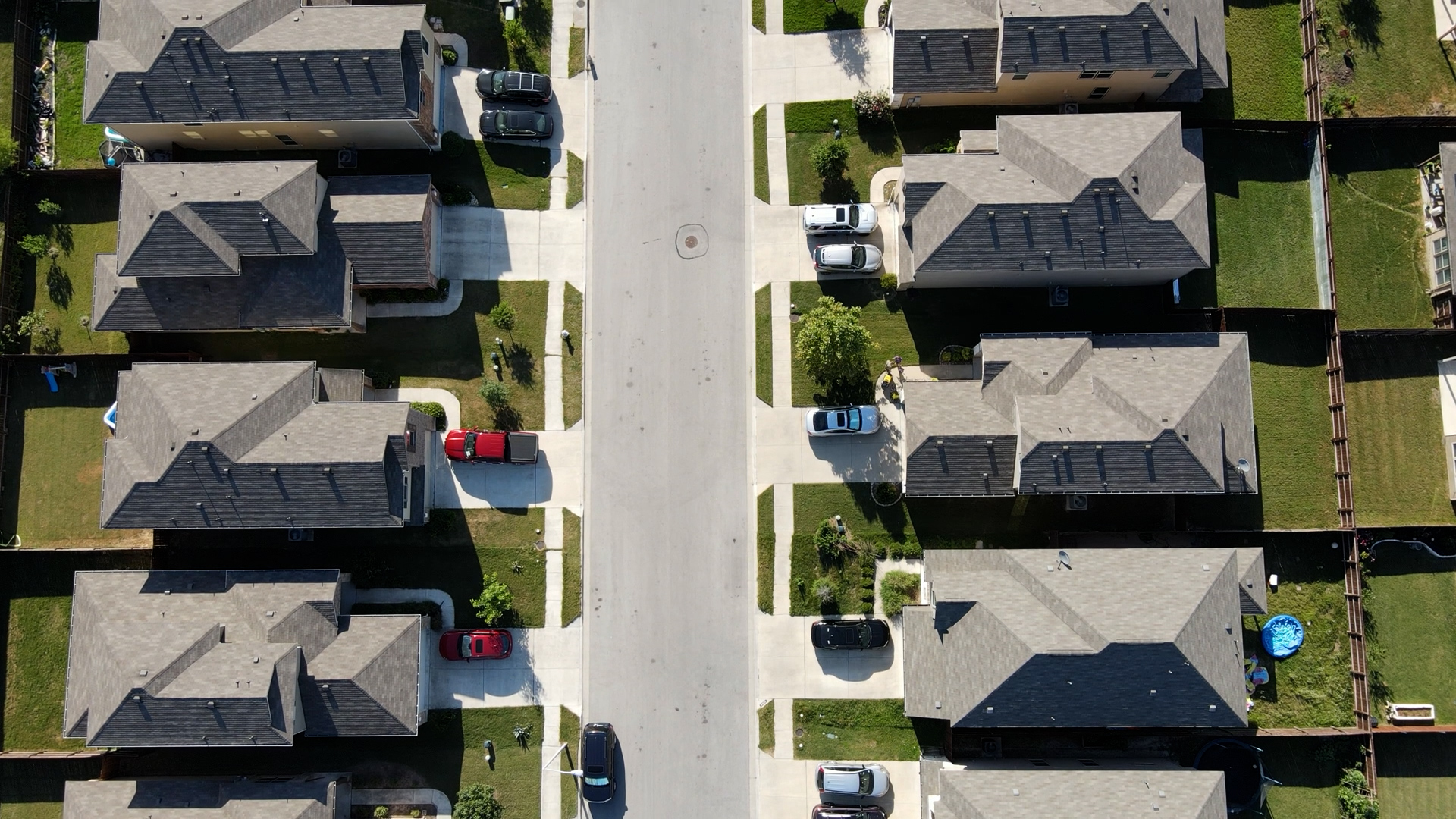
Voters in the state of Illinois will face a series of advisory questions on their 2024 general election ballots, with early voting set to begin later this month.
The questions, three in all, will appear on ballots statewide, addressing a variety of issues facing residents of the state.
Here’s what you need to know.
What are the advisory questions on Illinois ballots this November?
There are three advisory questions dealing with three different topics, including election security, property tax relief and reproductive health.
Here are the three questions, as they’ll appear on your ballot:
1 Should any candidate appearing on the Illinois ballot for federal, state or local office be subject to civil penalties if the candidate interferes or attempts to interfere with an election worker’s official duties?
Local
2 Should the Illinois Constitution be amended to create an additional 3% tax on income greater than $1,000,000 for the purpose of dedicating funds raised property tax relief?
3 Should all medically appropriate assisted reproductive treatments, including but no limited to in vitro fertilization, be covered by any health insurance plan in Illinois that provides coverage for pregnancy benefits, without limitations on the number of treatments?
Feeling out of the loop? We'll catch you up on the Chicago news you need to know. Sign up for the weekly Chicago Catch-Up newsletter.
What happens if voters cast affirmative votes for the questions?
Unlike a typical referendum, which is guaranteed to go into effect if approved by voters, advisory questions only point the direction for lawmakers to potentially go, with no guaranteed legislation stemming from the vote.
What was so controversial about this year’s questions?
SB 2412, which established the three advisory questions on the ballot and was approved largely by Democrats in the legislature, drew massive reaction from Republicans.
According to the Illinois Policy Institute, one consequence of the bill was that an advisory question regarding parental notification of gender identification counseling, which was being explored by the Parents Matter Coalition, was not slated for inclusion on the ballot.
The bill also established changes in the nominating process for those running for public office, prohibiting party committees from slating candidates in uncontested legislative races on the general election ballot if they didn’t participate in the primary.
That law was found unconstitutional by a Sangamon County judge, with Republicans blasting it as a method of “safeguarding incumbents and limiting voter choices,” according to a press release.
The Pritzker administration appealed the ruling to the state’s Supreme Court, which upheld the lower court’s ruling.



